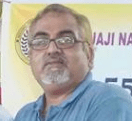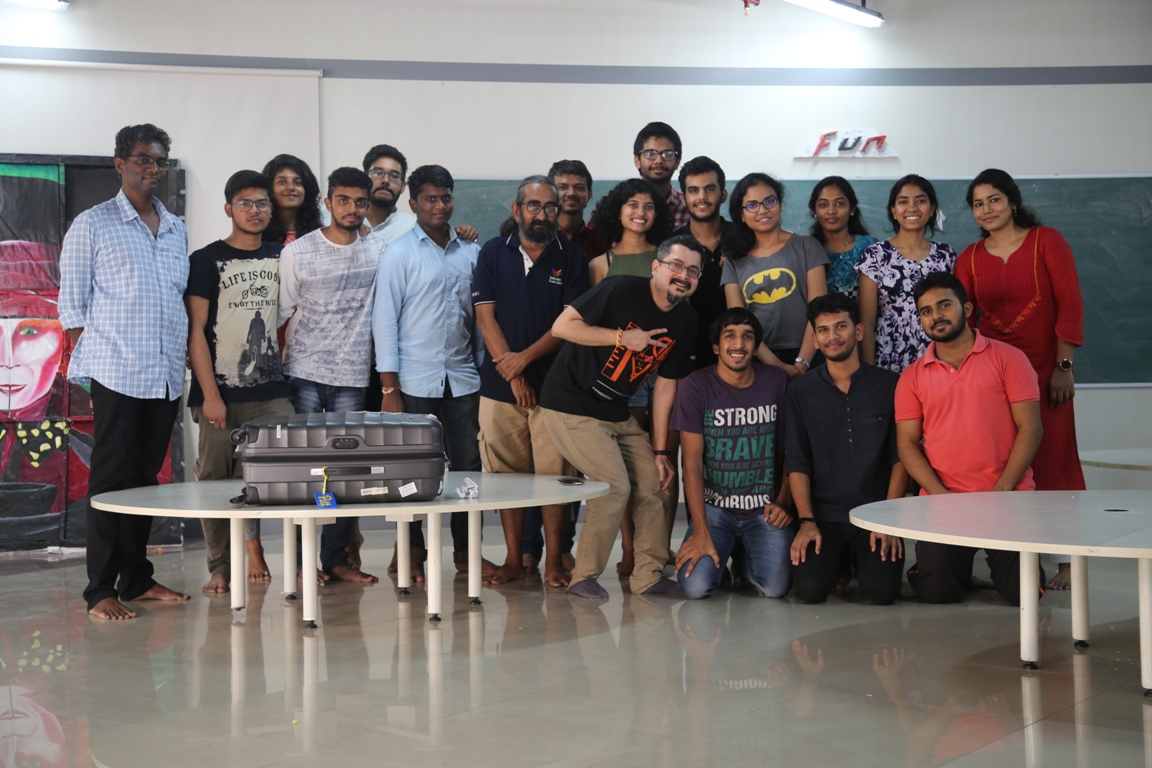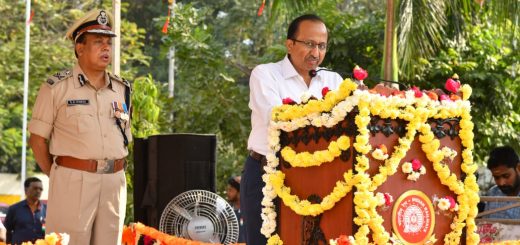A two day workshop on design thinking
 S. Vishnu Sharma, INN/Chennai, @svs037
S. Vishnu Sharma, INN/Chennai, @svs037
Mahindra Ecole College (MEC) of Engineering in Hyderabad organised a two-day workshop on design thinking. Avinash Jhangiani, Mentor of Change for NITI Aayog’s AIM mission conducted the event.
The students have introduced to the idea of design thinking and the practical implementation of the process. After the initial introductory lecture on the theory of design thinking, the sessions moved to the laboratory where the concepts were explained practically.
The idea was to first open up students to different stages of concept design and think for themselves, then to come together as a team and look at the collaborative approach and then come up with solutions to different issues using the design thinking process.
It was not limited to only designing for a hypothetical situation, but the students were trained on how to connect with a client, understand requirements, identify issues, work on problem statements, design a solution, come up with ideas to present to the client and finally create a prototype using Legos and dough to give a tangible form to the idea.
Yajulu Medury, Director, Mahindra Ecole Centrale said that their focus is on creating an industry ready engineer, who has the relevant skills to make a difference for which they take up a lot of activities.
‘Innovation is core to our offering and the Design Thinking workshop was a much-needed step in empowering students to understand the concept of design.’

‘Our intention is to unshackle the thinking process and provide the students with the requisite skill-sets to work as individuals and teams, to be collaborative, to be able to think out of the box, and to create, conceive, develop and invent new solutions to the problems,’ he said.The design thinking workshop was an event with an emphasis on practical as well as theoretical aspects of designs.
It reinforced the need for the students to be aware of design concepts and the practical aspects of it. The participants were introduced to alternate ways of designing or creating a product or service, looking at the product based on the needs and desires of the end user (humanistic approach), rather than coming up with a product and looking for end users.
The experience elevated the understanding of design concepts and the practical aspects ensured that the students learned by doing. This experience will help the students stand out from the crowd as they venture out to the professional world, said Medury.





1 Response
[…] http://www.infodea.in/a-two-day-workshop-on-design-thinking/ […]